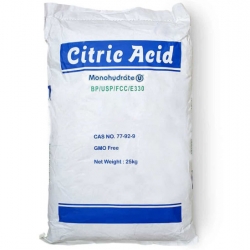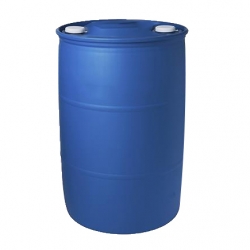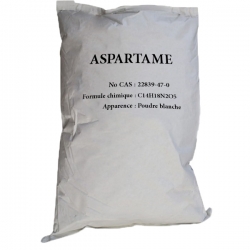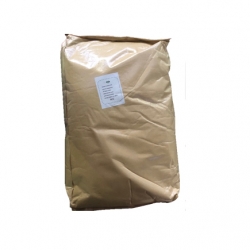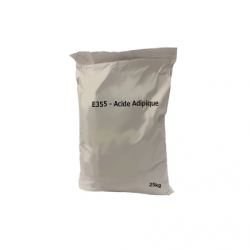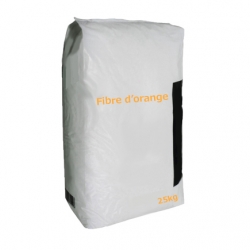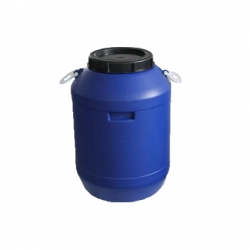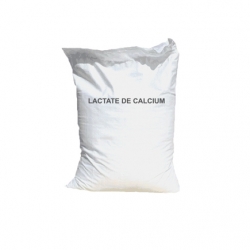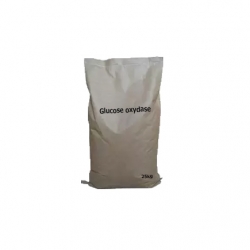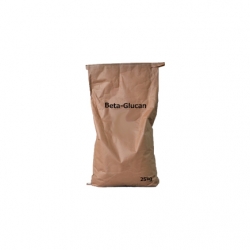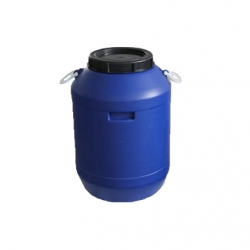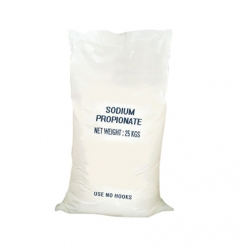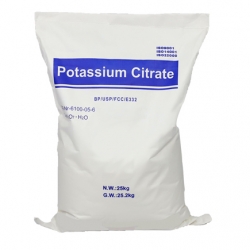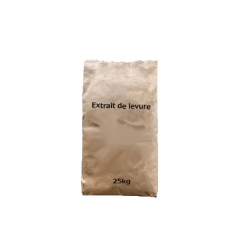No products in the cart.
Active filters
- Categories: Biscuit and pastry
E330 - Citric Acid
Citric Acid is a tricarboxylic acid found in citrus fruits. Citric acid is used as an excipient in pharmaceutical preparations due to its antioxidant properties. It maintains stability of active ingredients and is used as a preservative. It is also used as an acidulant to control pH and acts as an anticoagulant by chelating calcium in blood.
E420 - Sorbitol
Sorbitol is a natural polyol with a sweetness level approximately half that of sucrose. Unlike monosaccharides, its structure does not contain any ketone or aldehyde functions. It is primarily used as a bulk sweetener to replace sucrose.
E950 - Acesulfame Potassium
Acésulfame K is 150-200 times sweeter than sugar. Acésulfame K is a very stable crystalline sweetener, with a chemical structure similar to saccharin. Acésulfame K is commonly used in combination with aspartame or other sweeteners because it has a synergistic effect to enhance and maintain the sweet taste of foods and beverages.
E951 - Aspartame
Aspartame is an artificial sweetener discovered in 1965. It is a dipeptide composed of two natural amino acids, L-aspartic acid, and L-phenylalanine, the latter in the form of a methyl ester.
E952 - Cyclamate
Cyclamate (or sodium cyclamate) is an artificial sweetener discovered in 1937 at the University of Illinois by a student named Michael Sveda.
Cyclamate is also known under the number E952.
E355 - Adipic Acid
Adipic Acid is naturally found in rhubarb and beets. It can also be produced synthetically for industrial use. It is a relatively mild acidifier, permitted in a very limited range of products.
Orange Fiber
Orange fiber refers to the dietary fiber derived from oranges. This type of fiber is obtained from the peel or pulp of oranges and is known for its potential health benefits. It contains a combination of soluble and insoluble fibers, contributing to overall digestive health.
Sweet Almond
Sweet almonds come from the Prunus dulcis tree, which is a species of tree native to the Middle East but is now grown in many regions around the world.
E280-PROPIONIC ACID
E280 - Propionic Acid, is a food preservative widely used for its antifungal and antibacterial properties. It is commonly added to various food products to extend their shelf life and prevent the growth of undesirable molds and bacteria.
CALCIUM LACTATE
Calcium Lactate is the calcium salt of lactic acid (E270). Of natural origin, it serves as an antioxidant. Additionally, it functions as an acidity regulator, humectant, emulsifier, thickener, and firming agent. Its use is permitted in numerous food products.
E1102 - Glucose oxydase
The E1102, also known as glucose oxidase, is an enzyme used in the food industry and other fields.
Beta-Glucan
Beta-glucan is a polysaccharide, meaning a molecule composed of multiple glucose units. It is primarily found in the cell walls of certain organisms such as fungi, algae, oats, and barley. Beta-glucan has been studied for its various health benefits, particularly concerning the immune system and cardiovascular health.
Nut
Nuts are dried fruits composed of a hard outer shell that protects the edible seed inside. There are many varieties of nuts, each with their own taste, texture and nutritional value.
E281-SODIUM PROPIONATE
Sodium propionate (E281) is a sodium salt of propionic acid, a carboxylic acid. It is used as a food additive in the food industry, primarily as a preservative agent to inhibit the growth of molds and yeasts, thereby extending the shelf life of food products.
E332 - POTASSIUM CITRATE
Potassium citrate is the potassium salt of citric acid (E330). It is a natural acid present in most fruits.
Yeast extract
Yeast extract is a product derived from yeast, single-celled microorganisms belonging to the fungus kingdom. This extract is used in various applications, primarily in the food industry for its flavoring and nutritional properties.



